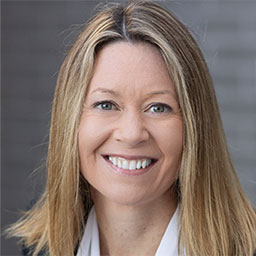Linguist
If you're passionate about language and all of its underlying structures, becoming a linguist is an exciting, intellectually stimulating role. These language experts play a crucial part in bridging the gap between cultures and facilitating communication between people who speak different languages.
While the day-to-day responsibilities of a linguist will vary depending on their specific area of focus, some common duties you may take on include:
- Conducting research on various aspects of language, such as syntax, phonetics, semantics, and pragmatics
- Analyzing and interpreting linguistic data
- Teaching language courses or leading language training programs
The role of a linguist is a fascinating one, and it's no surprise that this field is experiencing significant growth. According to the U.S. Bureau of Labor Statistics, jobs in the field of language interpretation and translation are expected to increase by 20% from 2019 to 2029, much faster than the average for all occupations, with a typical salary of approximately $57,000.
ESL Teacher
With a growing demand for English language instruction, there are many opportunities for individuals interested in pursuing a career in ESL teaching.
ESL teachers, no matter where they find work, are integral in helping non-native English speakers develop their English language proficiency. These educators work with language minority students of all ages and backgrounds, from young children to adult learners, to teach ESL in ways that invoke personal and academic achievement.
Whether you opt for teaching English abroad, in the U.S. public school system, or through specialized classes, helping others expand their skills beyond their native language can be an incredibly rewarding profession.
According to Zippia, the projected job growth for ESL teachers is 3% from 2018-2028, with salaries increasing by 9% in the last five years to about $53,000.
Translator
Another linguistic bridge, a translator, helps people, businesses, and governments communicate effectively across foreign language barriers.
As a translator, you'll be responsible for interconnecting people through the art of a unified language, whether that's through written or spoken communication. Your role will not only include accurately translating content to other languages but also considering the most intricate cultural nuances and idiomatic expressions.
With businesses expanding internationally and the need for accurate translations on the rise, the demand for translators is also one that's growing rapidly. According to the U.S. Bureau of Labor Statistics, employment of translators is projected to grow 20% from 2019 to 2029, considerably higher than other occupations.
On average, the
annual salary for translators and interpreters in the United States is about $49,000, with the top earners making over $95,000 per year.

 Eagle Athletics
Eagle Athletics







